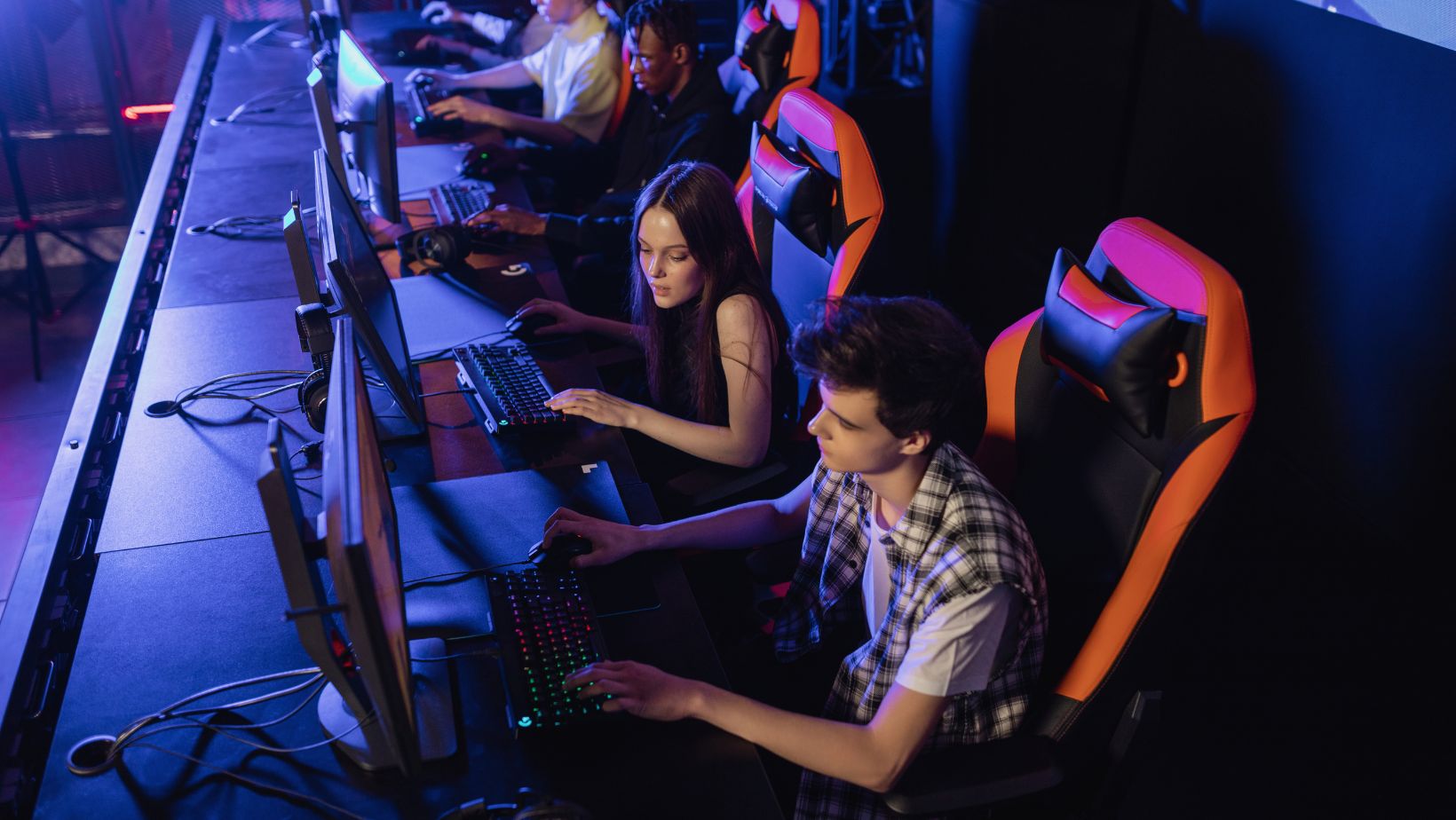As an avid gamer, I’ve always been fascinated by the evolution of gaming technology. With the rise of web3, a new era of gaming has dawned, promising decentralized, player-centric experiences. Web3 gaming leverages blockchain technology to offer players true ownership of in-game assets, creating a more immersive and rewarding gaming environment.
In this article, I’ll delve into the world of web3 gaming, exploring how blockchain integration is revolutionizing the gaming industry. From play-to-earn models to interoperable game assets, web3 gaming is reshaping the way we interact with virtual worlds. Join me as we uncover the potential of web3 gaming and its impact on the future of interactive entertainment.
Web3 Gaming
Web3 gaming is a revolutionary concept that merges blockchain technology with traditional gaming, enabling players to truly own in-game assets. This ownership empowers gamers by allowing them to buy, sell, and trade digital items with real-world value, transforming virtual economies.
In the world of web3 gaming, play-to-earn models are gaining traction, capitalizing on the fact that cryptocurrencies have taken the world by storm. These models provide players with the opportunity to earn cryptocurrency by participating in gameplay. This unique system incentivizes gamers to invest time and effort into their virtual adventures, redefining the gaming experience.
One of the key pillars of web3 gaming is interoperability, which allows in-game assets to be utilized across multiple games and platforms. This interoperability opens up a world of possibilities for players, creating a seamless gaming ecosystem where virtual items can have cross-game utility.

Blockchain Technology in Gaming
Blockchain technology in gaming revolutionizes how players interact with digital assets within game environments. Decentralized ledgers ensure transparency and security, safeguarding in-game items from fraud or manipulation. Each digital asset is represented as a unique token on the blockchain, providing players with true ownership and the ability to verify scarcity and authenticity.
Smart contracts play a pivotal role in enforcing rules and transactions within games, empowering players with trustless interactions. These self-executing contracts automate processes like item trading, ensuring instant and secure asset transfers. With immutability at its core, blockchain technology guarantees that in-game assets cannot be duplicated or tampered with, enhancing player confidence and asset value.
The integration of blockchain technology also fosters player-driven economies in web3 gaming. Players can monetize their skills and time investment by earning valuable tokens through gameplay and contributing to the virtual ecosystem. This shift towards play-to-earn models incentivizes engagement and rewards players for their dedication, reshaping traditional gaming dynamics.

Play-to-Earn Models
In web3 gaming, play-to-earn models revolutionize the gaming landscape by offering players the opportunity to earn real rewards. Through these models, players can monetize their time and effort spent in the game, creating a new paradigm where gaming is not just a pastime but a lucrative endeavor. The era of play-to-earn is here, where skill and dedication translate into tangible benefits beyond the virtual world.
Key points about play-to-earn models in web3 gaming:
- Player Empowerment: Empowering players to earn rewards for their contributions and accomplishments within the game.
- Economic Opportunities: Opening up economic opportunities for players to earn income through gaming activities.
- Tokenized Rewards: Rewarding players with blockchain-based tokens that have real-world value, enabling them to trade, sell, or utilize earnings in various ways.
- Inclusive Gaming: Making gaming accessible to a wider audience as players from diverse backgrounds can participate and benefit from play-to-earn models.
- Community Engagement: Fostering strong community engagement as players work together to achieve common goals and share in the rewards.
- Sustainable Ecosystem: Establishing a sustainable gaming ecosystem where players, developers, and other stakeholders thrive together.
Play-to-earn models in web3 gaming are reshaping the traditional gaming experience, offering players a new way to engage with games while reaping tangible rewards. By combining the elements of blockchain technology, decentralized finance, and gaming, these models bring about a fundamental shift in how we perceive and participate in the gaming industry.


